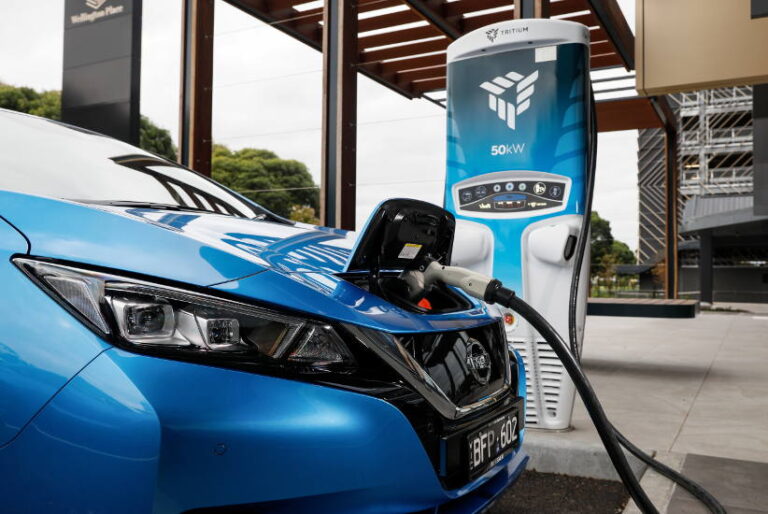The Electric Vehicle Council believes Australia is on track to hit an annual milestone of 100,000 electric vehicle (EV) sales this year despite tough economic conditions, topping the previous record of 87,000 sales in 2023.
The Australian Automobile Association’s EV Index shows there were more than 30,000 battery electric (BEV) and plug-in hybrid vehicle (PHEV) sales in the second quarter of this year, setting a quarterly sales record amid rising cost-of-living pressures.
According to the Index, BEV/PHEV sales represented 9.6 percent of new light vehicles sold in Q2, which represents a higher market share than the 7.2 percent achieved across 2023.
Electric Vehicle Council chief executive Samantha Johnson says that the increasing sales are encouraging but acknowledged the long road ahead.
“Australia has never had so many electric vehicles on the roads. It was a record breaking quarter for combined battery and plug-in electric vehicle sales,” said Ms Johnson.
“The continuing strength of electric vehicle sales means Australia remains on track to hit the 100,000 EV annual sales target in 2024.
“These sales figures are without precedent, which is extremely encouraging given the broader economic pressures with high interest rates and the cost of living limiting people’s ability to purchase new cars.”
Ms Johnson says the Government needs to provide improved support for EV buyers, easing the cost of entry with incentives like those seen in Queensland – where a rebate of $6000 is offered for eligible EVs.
“These figures demonstrate that Australians want more electric cars and governments need to listen to this demand by continuing to provide support for electric vehicles,” she said.
“We have seen several states prematurely withdraw incentives – it is critical that governments implement targeted programs that enable more Australian households and businesses to make the switch to electric vehicles.”
A large piece of the EV uptake puzzle, Ms Johnson says, is educating consumers about the reduced running costs of electric options, as well as their environmental benefits, which the Electric Vehicle Council aims to tackle.
“Misinformation is also hampering the electric vehicle transition. The facts are that EVs are cheaper to own and run than ICEs, they reduce air pollution and they’re essential to reducing our carbon emissions,” she said.
“We need to see the EV market grow to meet our climate targets – the National Vehicle Efficiency Standard will play a vital role but there is much more that needs to be done to reduce the nation’s transport emissions.”





